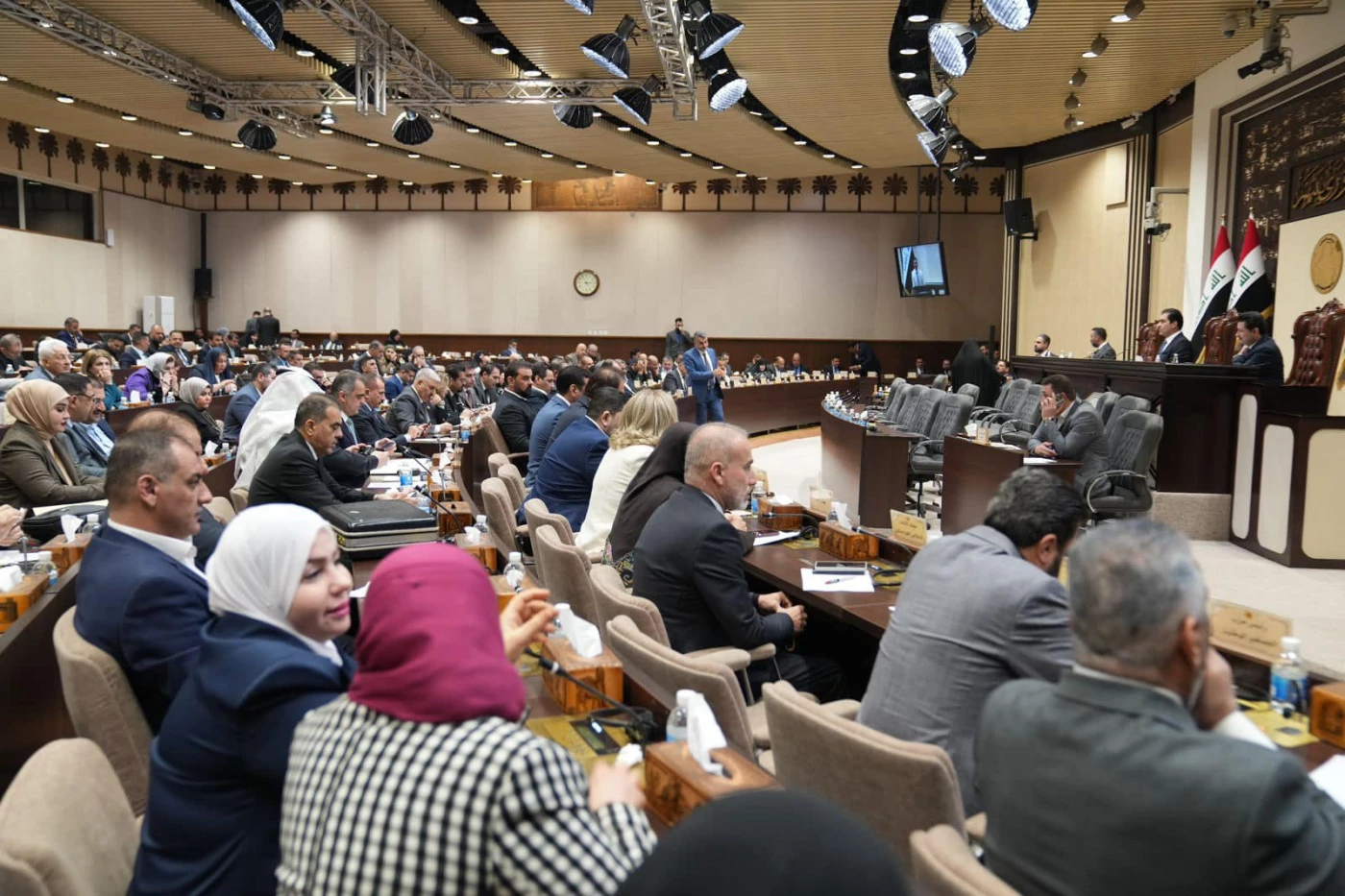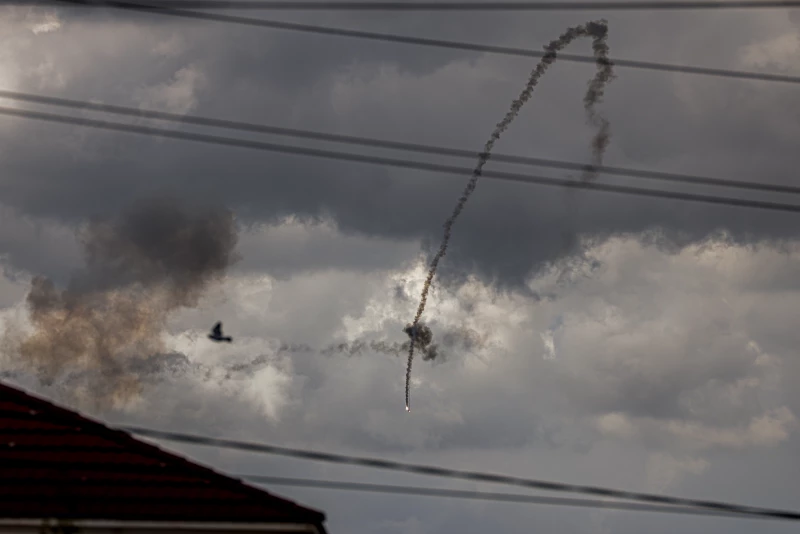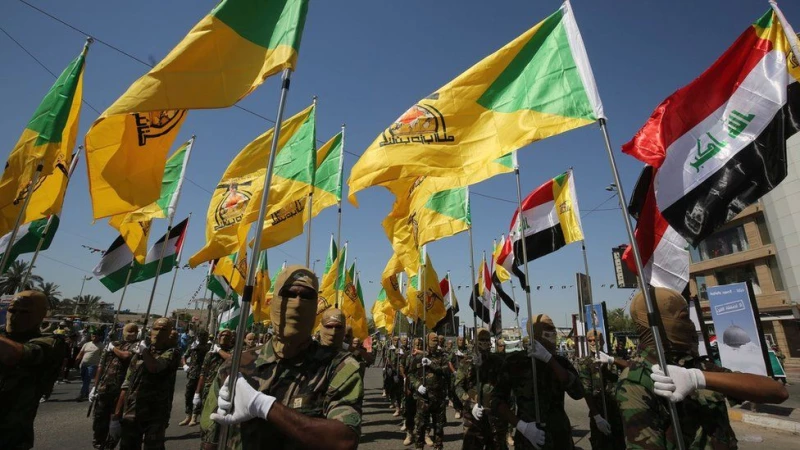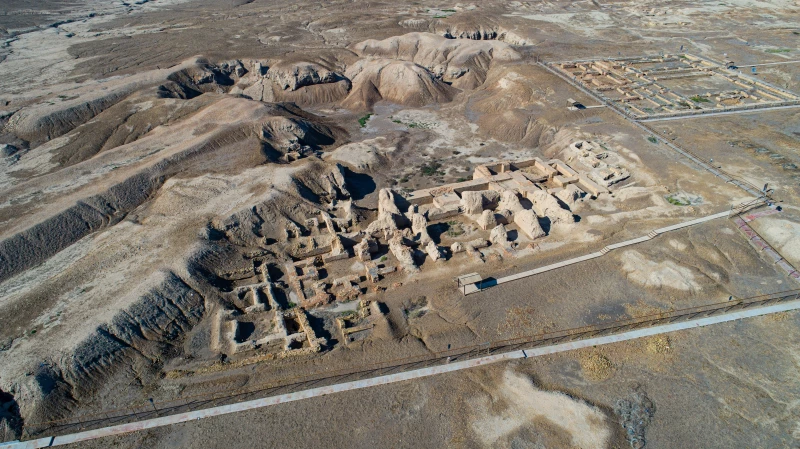ERBIL, Kurdistan Region of Iraq - A proposed amendment to Iraq’s parliamentary election law is facing opposition from multiple political blocs, making its passage unlikely before the next elections. With only a few months left in the legislature’s term, lawmakers say there is little time for major changes.
Srwa Abdulwahid, head of the New Generation Movement bloc in the Iraqi parliament, criticized the proposed changes, saying they are confusing and could be used to target certain politicians.
“The new proposal to amend the election law is incomprehensible, except that it aims to target certain political figures,” she wrote in a statement, warning that the new system, which distributes 70 percent of seats using a modified version of the previously-used the Sainte-Laguë system, could reduce voter confidence and make it easier for large political blocs to manipulate results.
The proposed amendments suggest allocating 30 percent of the seats for those with the highest number of votes, while the remaining 70 percent of seats will go to the other top candidates after the total number of their parties’ votes is divided over 1.5, 3, 5, 7, 9, etc. The use of 1.5 in the first sequence, instead of the traditional 1.0, drastically limits the chances of smaller parties and candidates for election.
The Iraqi parliament’s legal committee said there is no agreement among political blocs to pass the amendment.
“Just because a proposal is submitted does not mean it will pass,” committee member Muhammad Anouz told The New Region. “There is no political agreement on this, and many MPs and blocs have raised objections.”
He added that the amendment is unlikely to move forward because of the short time left in the parliament’s current term.
The ruling Coordination Framework also opposes the amendment.
“There is no agreement or consensus on changing the election law,” Coordination Framework MP Mukhtar Mahmoud told The New Region. He explained that the proposal has not been fully discussed among political parties and that most lawmakers prefer to keep the current law unchanged.
Mahmoud also said that rewriting the law would take too long and could delay the election process. “Any delay would affect the work of the electoral commission and the election timetable,” he said.
Iraq is set to hold parliamentary elections later this year, but no specific date has yet to be announced for the vote.



 Facebook
Facebook
 LinkedIn
LinkedIn
 Telegram
Telegram
 X
X


